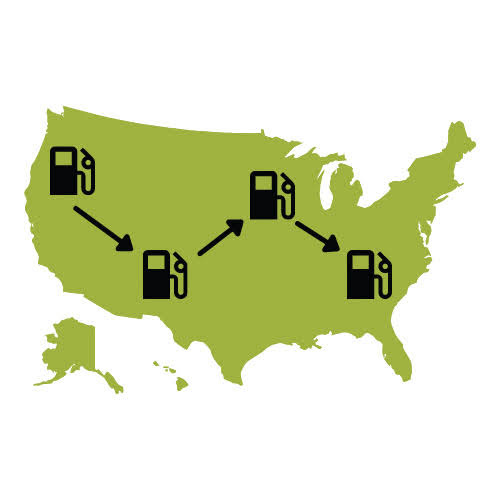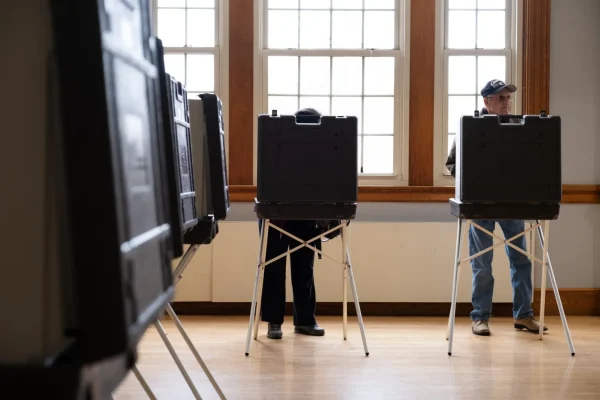The United States of ExxonMobil
Money, power and political influence are the three measures of the most successful countries—especially the U.S.
Despite its success, the U.S.’s influence has limits; the amount of soft power—or persuasive power—that a country has can only go so far.
Hyper-globalization is a sociological notion that powerful multinational corporations (MNCs) have enough money, power and political influence through their global operations that their standing on the international stage is akin to that of a country.
While multiple MNCs could fit that description, the ones with arguably the most political influence are ExxonMobil, Apple and Nestlé. ExxonMobil dominates the global oil and gas industry, Apple dominates the global technology and information industry, and Nestlé dominates the global food industry.
In 2020, ExxonMobil made approximately $178.6 billion USD in revenue, while operating across six continents.
That same year, Apple generated $274.5 billion USD in global revenue, while remaining one of the most widely-used technology brands across the world.
While owning more than 2000 brands, Nestlé made 84.34 billion CHF (Swiss Francs), or $91.39 billion USD in 2020.
A large factor in these MNCs’ enormous revenue is their global influence; though they operate in many different countries, the companies are protected under the jurisdiction of their home country.
This unique protection is what also gives them their power. Take Nestlé, a food giant that owns more than 2000 companies.
Nestlé’s brands cover a wide array of industries, ranging from food and beverages to pet care and cosmetics. Additionally, the company operates in 186 countries, while remaining under the protection of the Swiss government. This means they are able to operate and generate revenue in countries outside of their laws.
The combination of a global influence and partial immunity to foreign company laws is what makes MNCs so powerful and what pushes forth the hyperglobalist idea. Essentially, Nestlé will continue to grow over the years while poorer countries will remain dependent on them for income. In fact, Nestlé is one of the worst perpetrators of this, having sparked outrage over the years for labor exploitation and misleading consumers on the health benefits of baby formula.
Although countries like the U.S. also have a substantial global influence, they do not have the same global involvement that MNCs have.
MNCs also have vast political influence. With their enormous wealth, they are also granted resources that allow them to lobby governments—specifically to pass legislation that will grant them further protections and leniency on the international stage.
These rights for corporations to act as people were solidified in the 2010 Supreme Court case Citizens United v. Federal Elections Commission. The case gave corporations personhood and allowed them to lobby for their interests.
In the recent Democratic budget bill, advocating for climate action and support for working-class families, the oil giant ExxonMobil has been lobbying against parts of the bill that focus on corporate and international taxes.
In an attempt to lobby those parts of the bill, ExxonMobil has spent $275,000 on Facebook ads alone, to decrease future taxation. This ad budget is only a fraction of the $2 million spent on ads over the past few months.
Through their vast economic influence, MNCs arguably have a huge role in policy-making as they seek to further their interests of international expansion.
Although ExxonMobil has spent a vast amount of resources lobbying, they are just one out of many brands that lobby. Two prominent examples of other brands are Google and Amazon.
According to Bloomberg News, Google has already spent millions of dollars this year lobbying various privacy and copyright issues. Amazon also spent millions of dollars lobbying for issues like cloud-computing and their satellite program.
Powerful MNCs will continue to expand their operations, sustain political influence and generate income larger than many countries, making them stand up to powerful countries with their power and influence.

Samuel Weinmann is a passionate journalist who is a junior international affairs major at the University of New Haven. As the editorial head of the Charger...





